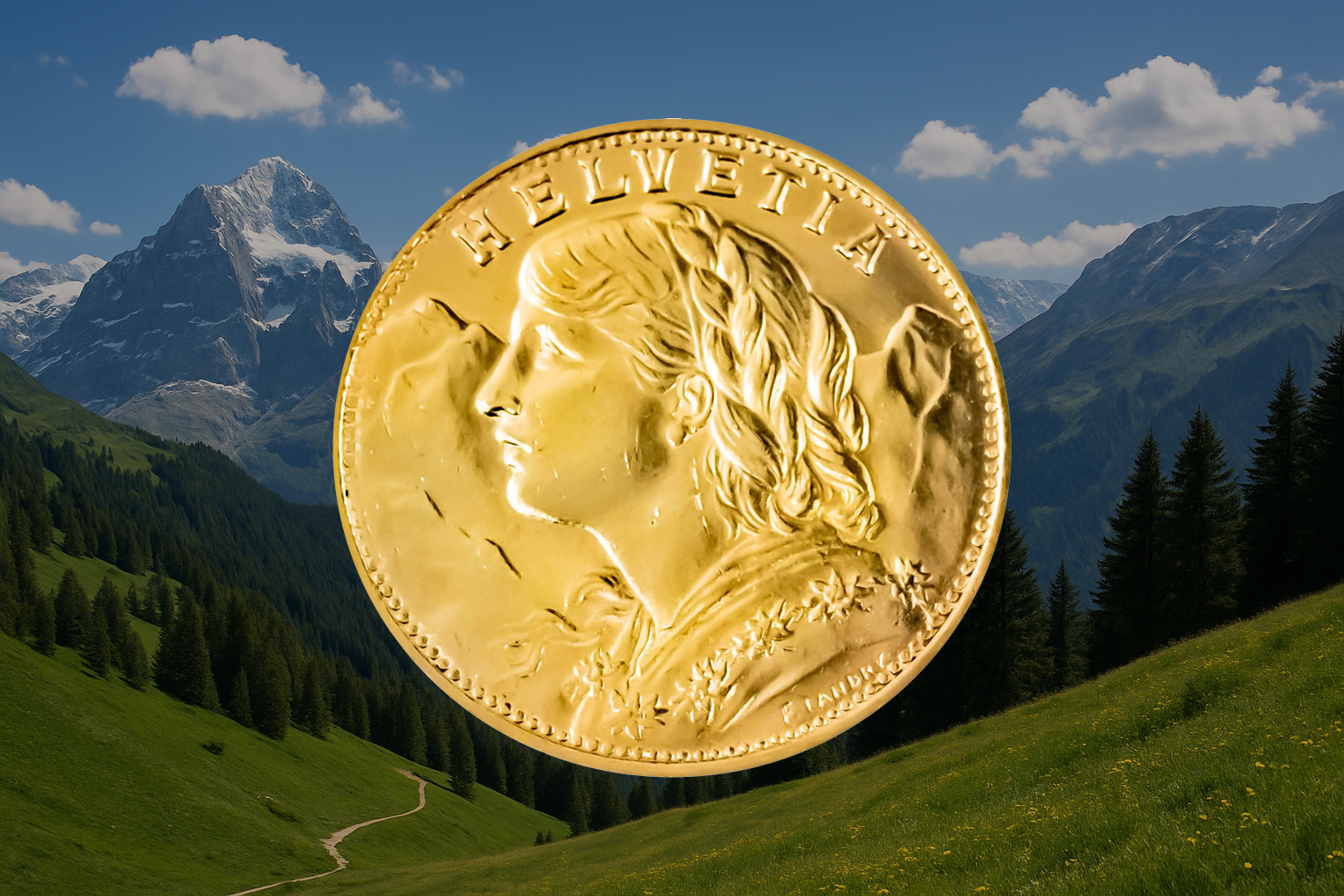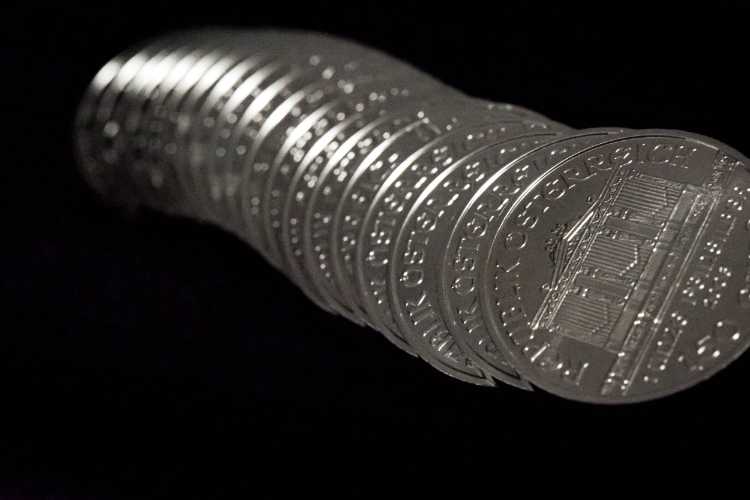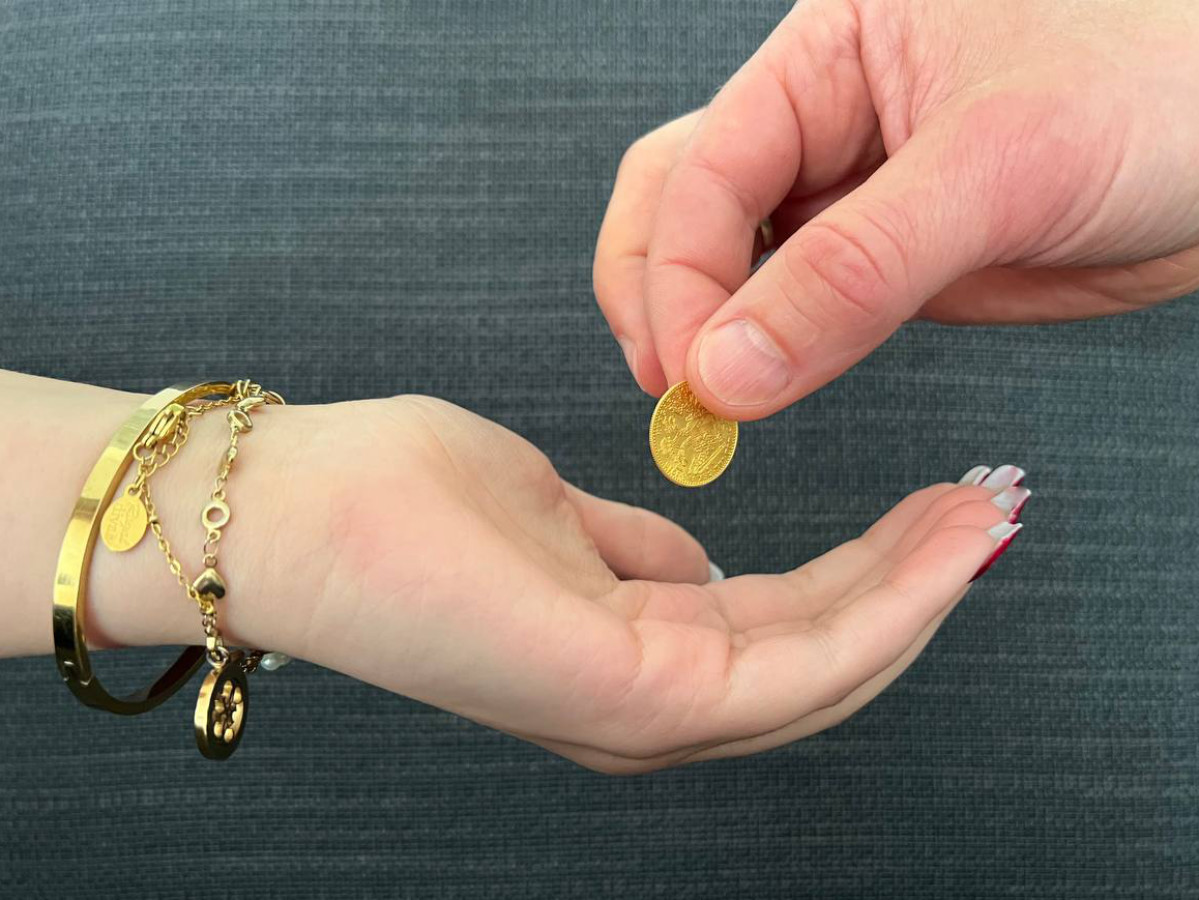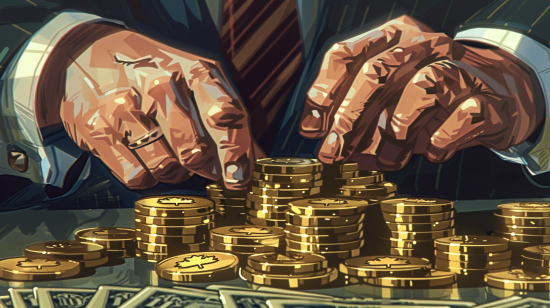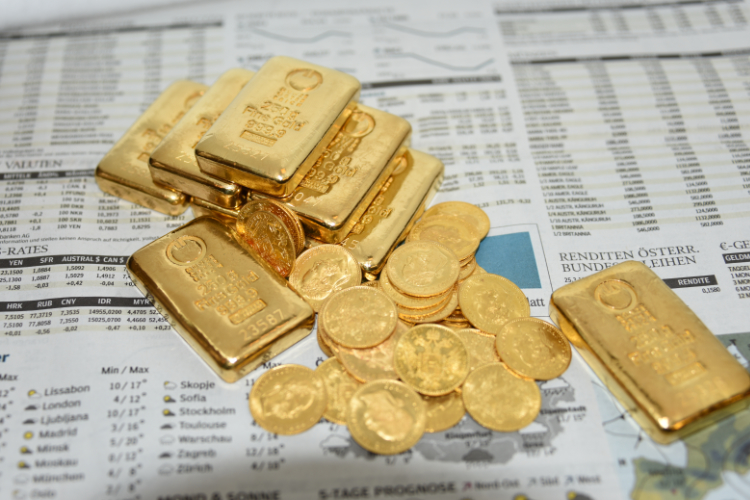
Was sich auf den Goldpreis auswirkt
Mit dem sprunghaften Anstieg des Goldkurs im Sommer 2019 rückte Gold als Anlage wieder in den Fokus der Öffentlichkeit. Nicht nur mehr Goldfans interessierten sich für das Edelmetall, sondern auch für „normale“ Anleger schien die Entwicklung des Goldpreises plötzlich wieder hochinteressant.
Der weltweite Goldkurs orientiert sich am Goldpreis der London Bullion Market Association (LBMA). Dieser Leitsatz gibt vor, um welchen Wert in US-Dollar eine Unze Gold gehandelt wird. Auf Basis realer Transaktionen errechnen Computer den Goldpreis und aktualisieren den Goldspot im Sekundentakt. Das System löste 2015 das bis dato traditionelle Goldfixing ab, bei dem Vertreter der fünf LBMA Bullion-Banken zweimal täglich den Preis für 1 Unze Gold festsetzen.
Diese Faktoren haben Einfluss auf den Goldpreis
Das Spiel von Angebot und Nachfrage, physisch wie auch in dem im 200-fachen Überfluß vorhandenen Derivaten (= „Papiergold“) nimmt Einfluss auf den Kurs und kann ihn schon innerhalb eines kurzen Zeitraumes stark schwanken lassen. Man bezeichnet den Goldpreis dann als “volatil”. In diesem Artikel versuchen wir die wichtigsten Faktoren, die den allgemeinen Goldpreis beeinflussen aufzuzählen. Eine klare Trennung ist dabei oft gar nicht so einfach.
Aktienmärkte & Weltwirtschaft
Grundsätzlich gilt Gold als sicherer Hafen in Krisenzeiten. Mit Gold können Werte abgesichert werden und so durch Krisen gerettet werden. Tritt eine Rezession ein, oder mehren sich an den Aktienmärkten die Zeichen für einen gesamtwirtschaftlichen Abschwung, flüchten die Anleger gerne in Edelmetalle. Die Gewinne, die mit risikoreichen Aktienanlagen erwirtschaftet wurden, werden dann in Gold investiert. Die erhöhte Nachfrage nach Gold, Silber und anderen Anlagemetallen treibt die Preise dann und führt so zu einem steigenden Goldpreis.

Solange an den Börsen aber die Möglichkeit auf schnelle Gewinne und hohe Renditen besteht, investieren Anleger ihr Geld lieber in Aktien, Anleihen und andere Finanzprodukte. Der Goldpreis geht dann zurück oder stagniert.
Ausschlaggebend ist dabei natürlich die Lage an den führenden Märkten in den USA, der EU und in Asien.
Geldpolitik, Zinsen & Inflation
Eng mit der Entwicklung der Weltwirtschaft verwoben, spielt auch die Geldpolitik führender Staaten und ihrer Zentralbanken eine entscheidende Rolle für den Goldpreis.
Allen voran die amerikanische Notenbank FED und die Europäische Zentralbank versuchen mit ihren Leitzinsen Einfluss auf die Wirtschaftslage zu nehmen.
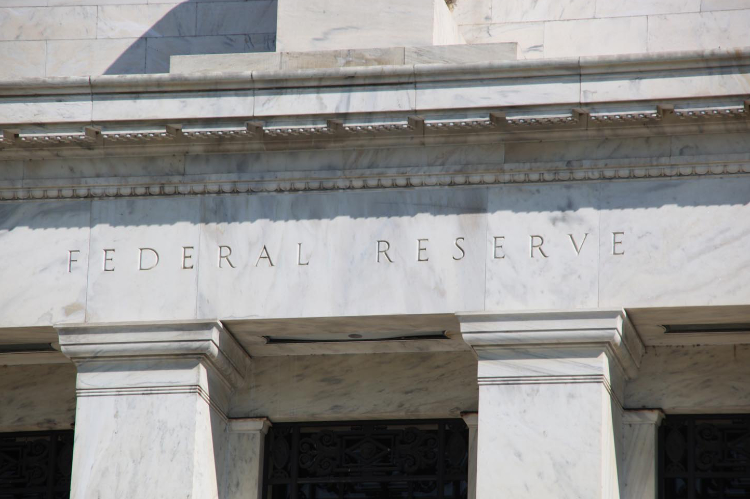
Je nachdem, ob die Leitzinsen dann steigen oder fallen, reagiert auch der Goldpreis. Da Gold keine Zinserträge abwirft, lohnen sich bei steigenden Zinsen andere Anlagenformen womöglich mehr. Bei niedrigen oder fallenden Zinsen dagegen mag Gold attraktiver scheinen, so zu mehr Nachfrage und damit einem steigenden Kurs führen.
Generell forcieren Regierungen und Zentralbanken dazu eine leichte Inflation (Das Inflationsziel der EZB & FED sind 2 Prozent). Durch die Erhöhung der Geldmenge verliert eine Währung dann an Kaufkraft.
Vor 30 bis 40 Jahren lag der Goldpreis bei etwa 350 USD je Feinunze; heute liegt der Kurs (Anfang November 2019) bei rund 1.500 USD. Daran kann man sehen, dass die Kaufkraft von Gold stabil bleibt, während die Papierwährungen immer mehr an Kaufkraft verlieren. Eine erhöhte Inflation hat positive Wirkungen auf den Goldkurs, weil Anleger die wertsichernde Funktion von Gold schätzen.
US-Dollar
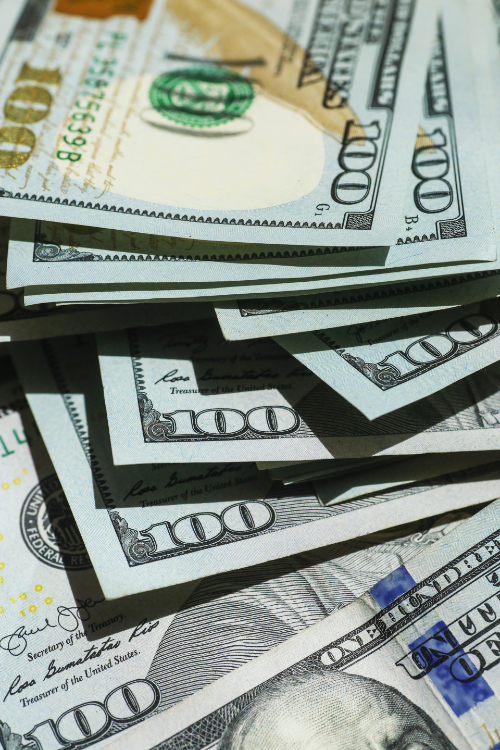
Wie oben angemerkt wird der LBMA Goldpreis, obwohl in London geführt, in US-Dollar gehandelt. Daher beeinflusst auch der aktuelle Kurs des Dollars, wie auch dessen Verhältnis zum Euro, die Entwicklung des Goldkurses. Als Faustregel, die auch umgekehrt angewandt werden kann, gilt daher:
Ein starker Dollar hat negative Folgen auf die Goldpreisentwicklung, ist der Dollar schwach, steigt der Goldpreis. Genauso verhält es sich mit dem Euro: Bei einem schwachen Euro wird Gold im Euroraum teurer.
Darum haben wir im Euroraum auch neue Allzeithochs erlebt – jenes in Dollar ist immer noch ungebrochen.
Grund dafür ist, das europäische und asiatische Käufer den Wechselkurs nutzen und vor allem bei einem schwachen Dollar-Kurs in Gold investieren. Neben dem Dollar spielen daher natürlich auch andere Währungen, wie Euro oder Yen, und ihr Kursverhältnis zum Dollar eine Rolle.
Geopolitik & Krisen
Auch geopolitischen Ereignissen wird eine tragende Rolle bei der Entwicklung des Goldpreises nachgesagt. Zuletzt waren etwa die Spannungen zwischen den USA und dem Iran als Treiber des Goldpreises im Gespräch.
In der Regel haben jedoch geopolitische Konflikte nur indirekt Einfluss auf den Goldkurs, da solche Krisen eher Auswirkungen auf die Aktien- und Anleihemärkte haben, die sich dann wiederum im Goldpreis spiegeln. Auch der Ölpreis spielte hier – besonders im Hinblick auf Konflikte in Nahost – in der Vergangenheit oft eine Rolle. Viel deutlichere Auswirkungen haben wohl handelspolitische Konflikte, wie aktuell der Handelskrieg zwischen Donald Trump und China und Europa.
Als Faustregel kann man sagen, dass sobald wirtschaftliche oder friedenspolitische Unsicherheiten auftreten, der Goldpreis unweigerlich steigt.
Angebot & Nachfrage
Alle die genannten Faktoren beeinflussen den Preis, indem sie Angebot und Nachfrage in eine gewisse Richtung hin stimulieren. Neben diesen externen wirtschaftlichen und politischen Aspekten gibt es natürlich auch „interne“ Marktmechanismen die Auswirkungen auf die Preisgestaltung haben.
Auf der einen Seite steht die Nachfrage aus der Industrie. Nach wie vor ist der größte Abnehmer / Verbraucher physischen Goldes die Schmuckindustrie. Sie ist für etwas mehr als die Hälfte der Goldnachfrage verantwortlich.
Auf der anderen Seite kann auch das Verhalten von Großanlegern & Zentralbanken ausschlaggebend sein. Zentralbanken und private Banken müssen einen gewissen Prozentsatz ihres Geldwerts in Gold hinterlegen. Besonders in turbulenten Zeiten auf dem Finanzmarkt, kaufen Banken wie auch Staaten große Mengen an Gold. Allen voran liegen seit Jahren Russland und China, die US-Dollar Reserven in Gold umwandeln.
Auch Käufe oder Verkäufe von Großanlegern – in erster Linie sind das Goldfonds, Emittenten von Goldzertifikaten oder Exchange Traded Commodities (ETCs) – beeinflussen den Kurs.
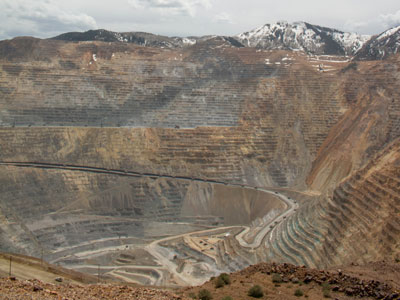
Auf der Angebotsseite spielt natürlich auch eine Rolle, wie viel „neues“ Gold in den Minen gefördert wird.
Goldminenbetreiber können Einfluss auf den Goldpreis nehmen, indem sie das Angebot limitieren und weniger Gold abbauen oder verkaufen.
Hier gibt es aber auch eine wechselseitige Beziehung zwischen Fördermenge und Goldpreis. Da immer weniger Goldvorkommen in der Erde stecken und diese immer schwieriger und damit teurer zu fördern sind, lohnt sich der Abbau so mancher Vorkommen erst ab einem gewissen Goldpreis.
Das Goldrecycling hingegen verstärkt den Goldpreis in positiven Zeiten. Ist der Goldpreis hoch, wird üblicherweise mehr Gold von Verbrauchern und Unternehmen umgesetzt. Das aus dem Recycling gewonnene Gold macht meistens zwischen einem Drittel bis hin zur Hälfte aus.
Finden Manipulationen des Goldpreises statt?
Ja, es wurde rechnerisch und empirisch nachgewiesen, dass der Goldpreis seit 1993 manipuliert wurde. Erst physisch durch die Bullionbanken, die sich Gold von den Zentralbanken liehen. Später dann nur noch – und vor allem viel effizienter – in Papiergoldform, den sog. „Derivaten“. Vor allem Marktteilnehmer, die über große Mengen an Gold – meist in Form von Goldbarren oder in verbriefter Form – verfügen, können bewusst Einfluss auf die Entwicklung des Goldkurses ausüben: So haben beispielsweise Zentralbanken oder Minengesellschaften die Möglichkeit, durch Verleih von Gold Leerverkäufe zu provozieren bzw. die Produktion zu steigern, um den Goldpreis sinken zu lassen. Soll sich der Goldkurs dagegen nach oben bewegen, kaufen die Zentralbanken vermehrt Gold auf, während die Minenbetreiber ihre Produktion begrenzen.
Zusätzlich kann eine Goldpreis Manipulation über die Währungen hervorgerufen werden: Wird das Verhältnis zwischen Euro / USD zugunsten des Dollars manipuliert, so hat das ebenfalls negative Auswirkungen auf den Goldpreis (Siehe oben). Trotz dieser Manipulationsmöglichkeiten ist Gold jedoch immer noch eine der sichersten Anlagemöglichkeiten, die es derzeit gibt.
Gold kaufen – Lohnt sich ein Investment ins Edelmetall?
Es spricht einiges dafür, dass der Goldpreis auch weiter zulegen wird. Zum einen werden kaum noch große Goldvorkommen entdeckt. Das seltene Edelmetall ist auf unserem Planeten nur in sehr begrenzter Menge vorhanden. Gleichzeitig steigt der Goldverbrauch in der Herstellung von elektronischen Gütern wie z.B. Mobiltelefonen aber auch der Anlagegoldbedarf ständig an.
Wer in Gold investieren möchte, sichert sich gegen den fortschreitenden Kaufkraftverfall der Papierwährungen ab. Papiergeld kann beliebig gedruckt werden, so wie es die amerikanische Zentralbank FED oder auch die EZB laufend tun, um „die Wirtschaft anzukurbeln“. In Wahrheit bedeutet aber diese Steigerung der Geldmenge eine Entwertung der bestehenden Vermögen. Das heißt, durch Geldentwertung (=Inflation/Kaufkraftverlust) werden die Schulden weniger, aber auch die Sparguthaben.
Geld hat seinen Wert nur durch das Vertrauen der Menschen, die damit bezahlen, in das System, Staaten und Banken. Sein Wert basiert nur auf einem Versprechen, es ist aber eigentlich ein Schuldschein. Aber es verhält sich auch wie ein Schuldschein, wenn der Schuldner pleite ist – er ist wertlos.
Verfällt dieses Vertrauen, nähert sich jeder Wert zu seinem intrinsischen, d.h. zum realen Wert, den das jeweilige Objekt innehat.
Geld ist aus Papier und entsprechend nicht mehr wert als das Papier auf dem es gedruckt ist, Immobilien lösen sich von Immo-Blasen, Aktien entweder dem Papierwert oder nähern sich dem echten Wert des jeweiligen Unternehmens, und – Gold bleibt eben Gold – eine Unze hat ungefähr die Kaufkraft von einer guten Herrenausstattung. Das war immer so, und wird auch immer so bleiben, egal was Banker oder Politiker sagen.
Mehr Tipps finden Sie unter „Geld richtig in Gold anlegen“. Bei Fragen rund um das Thema Edelmetalle (Gold, Silber, Platin und Palladium) können Sie uns gerne jederzeit kontaktieren oder in eine unserer Filialen im 9., 3. bzw. 22. Bezirk vorbeikommen. Wir freuen uns auf Sie!

